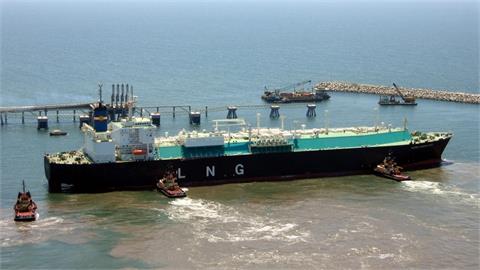Brent crude oil rose more than $1 to around $60 a barrel on Tuesday after Libya's largest oilfield stopped production.
The Sarir oilfield in Libya shut because of a power cut, in a further blow to exports from the OPEC member.
Brent LCOc1 for April was up $1.10 at $60.00 a barrel by 1435 GMT, recovering from an earlier low of $58.10. U.S. crude CLc1 was up 60 cents at $50.05.
Traders and analysts said that while lower output from Libya was providing some support, fast-rising oil stocks in the United States still pointed to a market that was heavily over-supplied.
The market traders awaited U.S. oil inventory data due later on Tuesday and on Wednesday to see whether it would show another large increase.
"The fundamental backdrop is still bearish," said Carsten Fritsch, senior oil and commodities analyst at Commerzbank in Frankfurt, adding there was a "huge over-supply in the market".
A Reuters survey forecast that figures from the American Petroleum Institute on Tuesday, and the U.S. government's Energy Information Administration on Wednesday, would show U.S. crude stocks rose by 4 million barrels to a record last week.
"We expect another strong increase in U.S. crude inventories to be reported," Fritsch said.
Huge increases in domestic oil production have left the U.S. oil market with a fuel glut, exacerbated by a refinery strike that has squeezed demand for crude.
The United States is in the fourth week of its largest refinery strike for 35 years, affecting 12 plants accounting for a fifth of national production capacity. Talks to end the strike are not expected to resume this week.
"Spreads for crude oil are becoming severely altered by the refinery strikes," analysts at Singapore brokerage Phillip Futures said in a note to clients, adding that the strike had reduced demand for U.S. crude and helped widen its discount below Brent, the North Sea benchmark.
The spread between Brent and U.S. crude CL-LCO1=R stood at $9.95 a barrel at 1435 GMT, after hitting $10.27 on Monday, its widest since March 2014.
A report in the Financial Times on Monday quoted Nigeria's oil minister as saying the country would call an OPEC extraordinary meeting if prices dropped further, offering some support to oil prices.
But delegates to the Organization of the Petroleum Exporting Countries told Reuters on Tuesday that the producer group had no plans to meet before June.
(Reuters)



